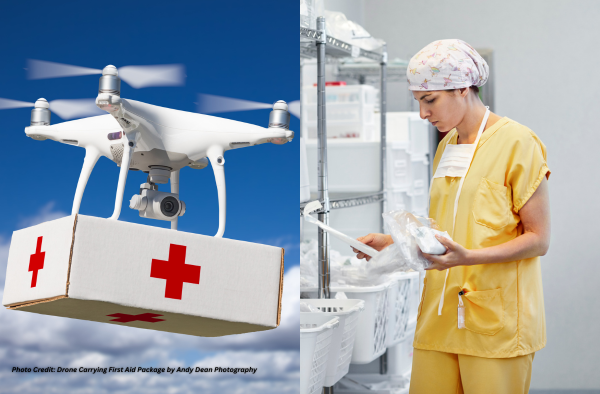
- Trending Stories

Minimising risks and maximising trust: Protecting customer data in the digital age
Anne Cornish, CEO Records and Information Management Practitioners Alliance (RIMPA)
People are cyber’s Achilles’ heel
Antoine Le Tard

RIMPA Global forum sparks dialogue: Urgent reforms needed in APS records management
Anne Cornish, CEO Records and Information Management Practitioners Alliance (RIMPA)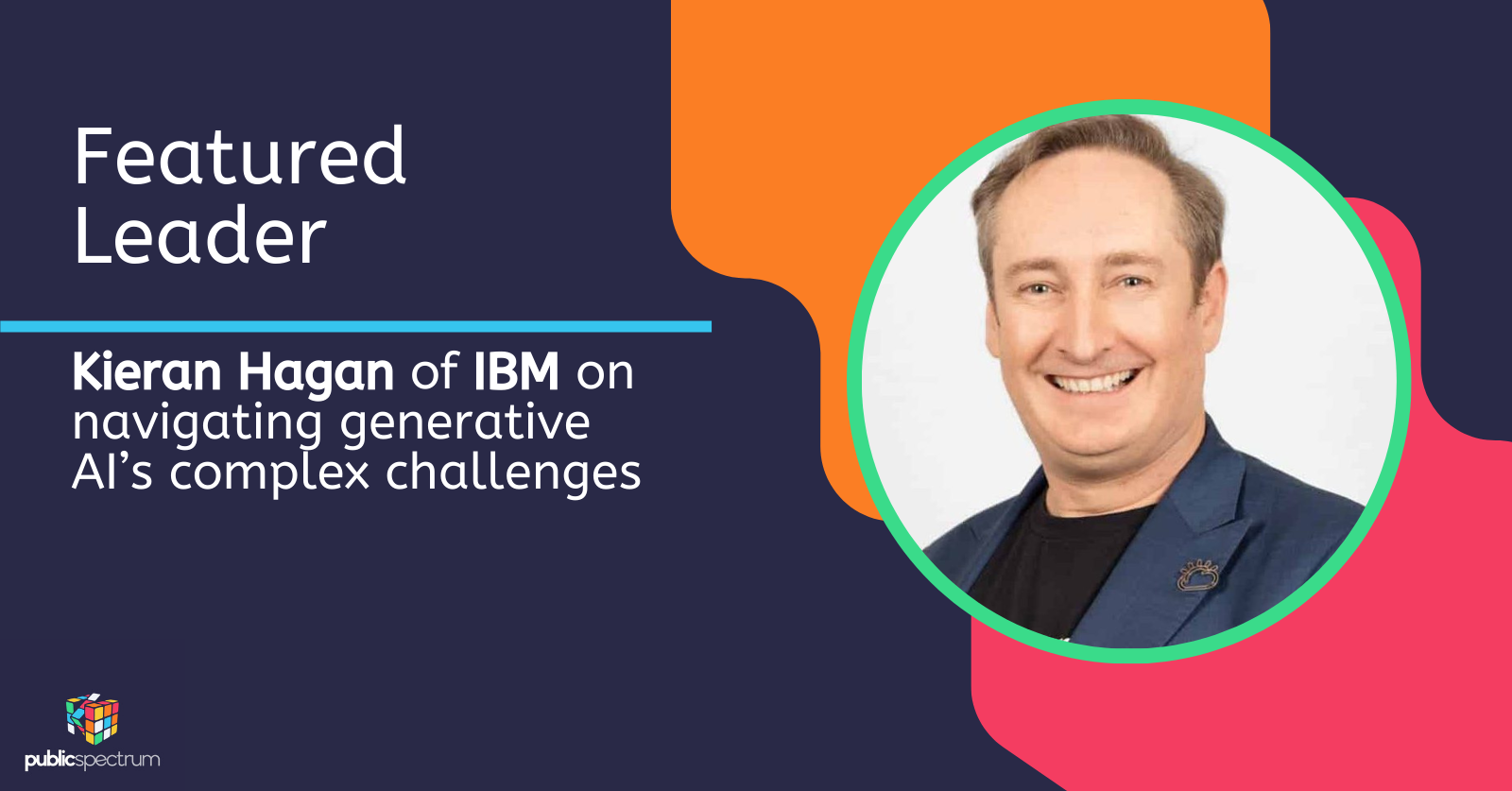
Kieran Hagan on navigating generative AI’s complex challenges
Justin Lance Marcel Lavadia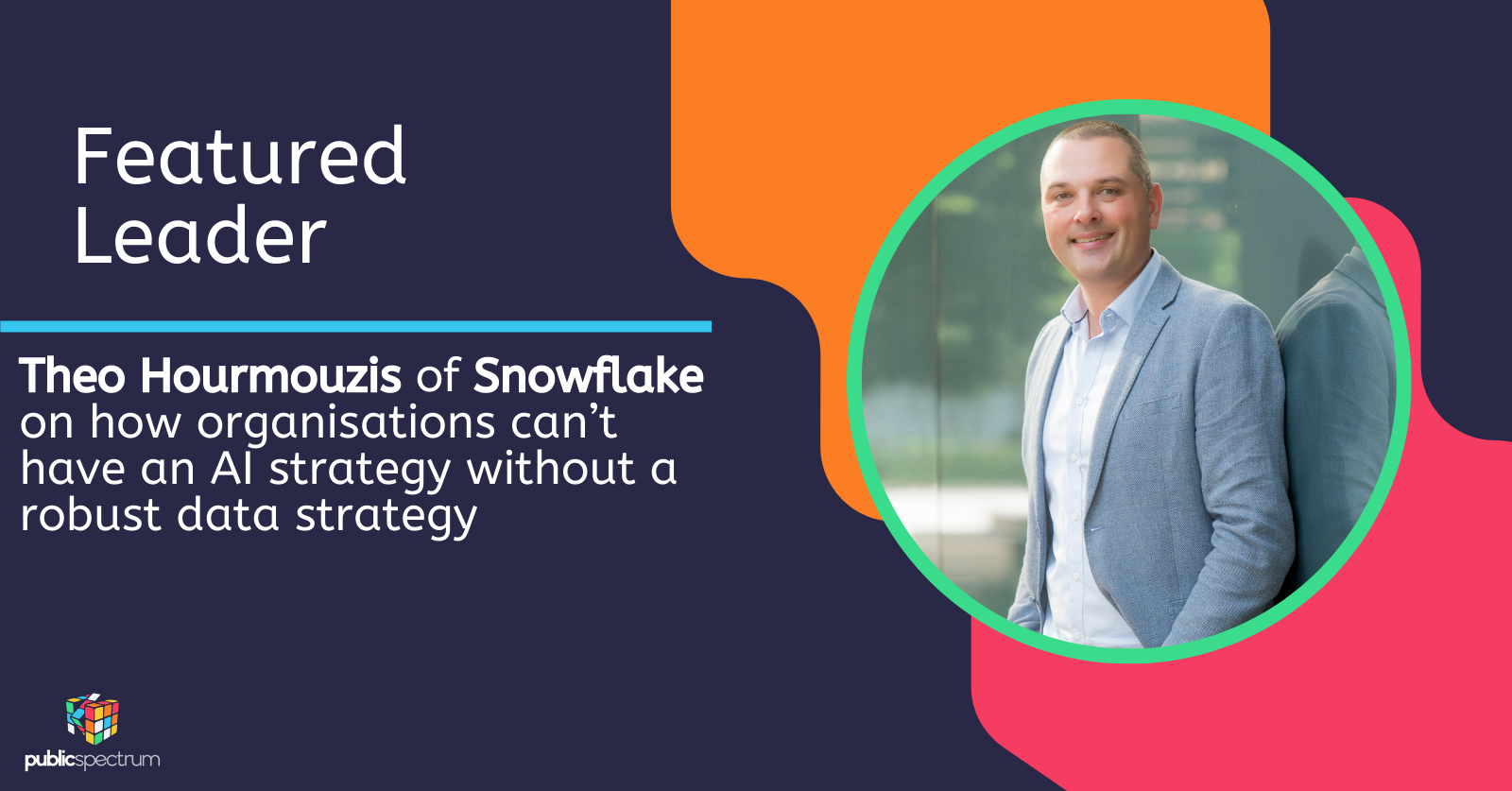
Theo Hourmouzis on how organisations can’t have an AI strategy without a robust data strategy
Justin Lance Marcel Lavadia
Liz Daykin on enhancing data governance for organisational success
Justin Lance Marcel Lavadia
Karthik Murugan on balancing tech innovation, security, and compliance in the public sector
Justin Lance Marcel Lavadia
Government urged to create People’s Bank
Editors Publicspectrum
AI innovations revolutionise news verification
Justin Lance Marcel Lavadia
New initiative shields seniors from cybercrime
Editors Publicspectrum
Cloud seeding halts amid financial review
Editors Publicspectrum - Events
- Get Involved
- Jobs
- Key Focus

New initiative shields seniors from cybercrime
Editors Publicspectrum
Minimising risks and maximising trust: Protecting customer data in the digital age
Anne Cornish, CEO Records and Information Management Practitioners Alliance (RIMPA)
AI transforms cybersecurity framework
Justin Lance Marcel Lavadia
People are cyber’s Achilles’ heel
Antoine Le Tard
Theo Hourmouzis on how organisations can’t have an AI strategy without a robust data strategy
Justin Lance Marcel Lavadia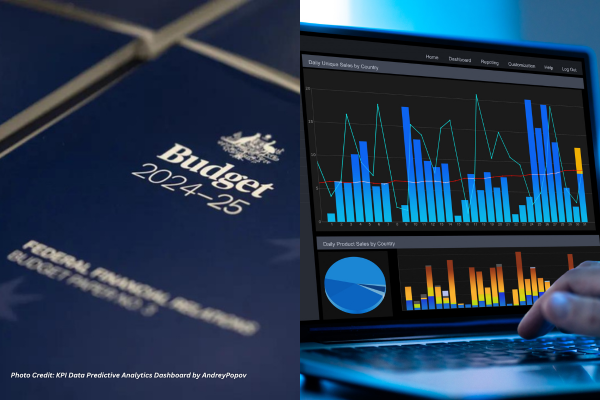
Federal budget boosts data capabilities
Justin Lance Marcel Lavadia
Unlocking the power of data: A recap of the 6th Annual NZ Government Data Summit
Justin Lance Marcel Lavadia

Government urged to create People’s Bank
Editors Publicspectrum
NSW launches Seafarer Welfare Fund
Editors Publicspectrum
Federal budget drives data analytics capabilities
Justin Lance Marcel Lavadia
Government explores public bank solution
Justin Lance Marcel Lavadia
AI innovations revolutionise news verification
Justin Lance Marcel Lavadia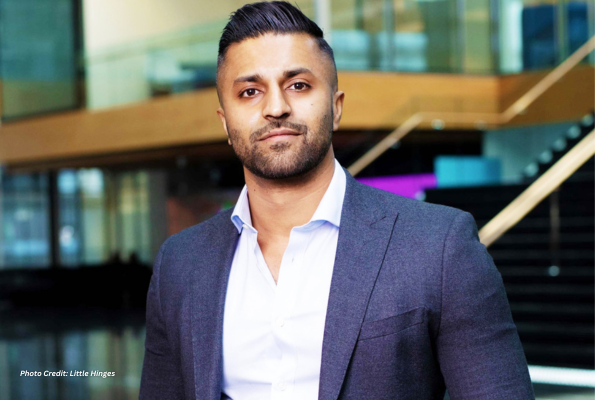
Digital twin leader appoints strategic partnerships head
Editors Publicspectrum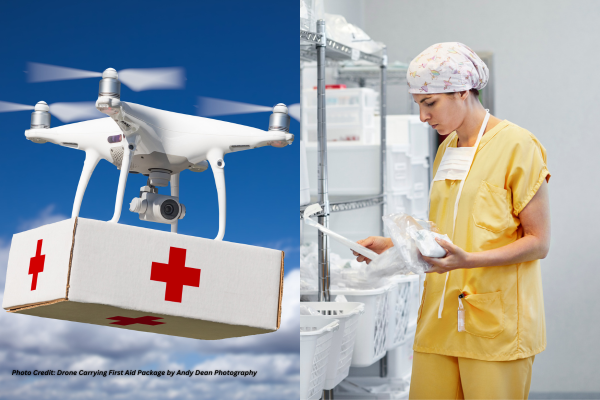
Medical drones revolutionize rural Australian healthcare
Editors Publicspectrum
Kieran Hagan on navigating generative AI’s complex challenges
Justin Lance Marcel Lavadia


Australians rally, advocate People’s Bank against ‘bankocracy’
Justin Lance Marcel Lavadia
Penrith wins NSW sustainable cities award 2023
Justin Lance Marcel Lavadia
Cloud seeding halts amid financial review
Editors Publicspectrum
Kingston initiative boosts youth sports access
Editors Publicspectrum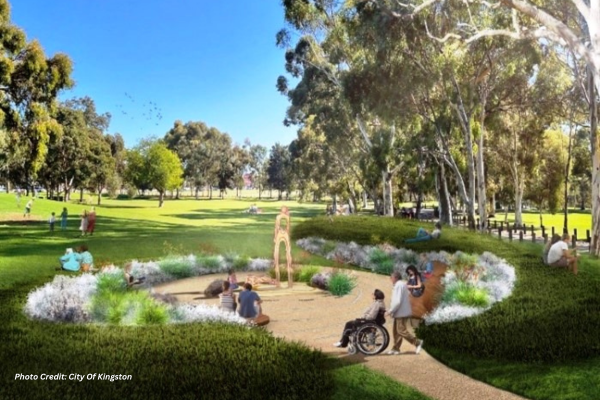
South Australia launches the Place of Courage
Editors Publicspectrum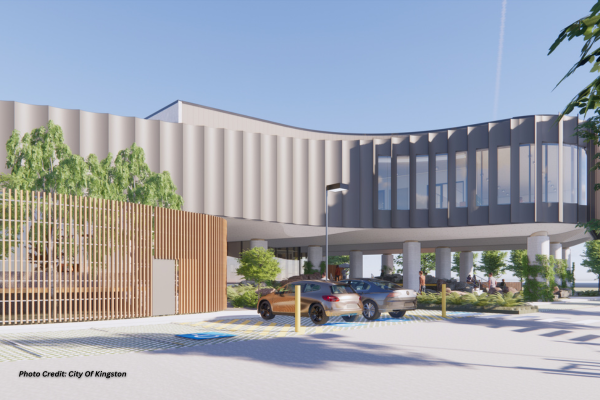
Kingston seeks votes for aquatic centre name
Editors Publicspectrum - Authors
Menu






